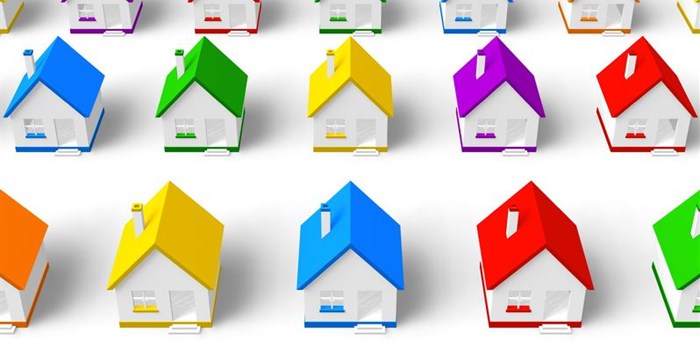Research reveals that it only takes a prospective buyer a few minutes to decide whether they like a home or not, which is why it is essential that the home makes an excellent first impression.
While there are certain things that sellers can do to ensure that their home is in its best possible condition before it is listed on the market, unfortunately, there are elements which are beyond the seller’s control that will have an impact on the home’s marketability before a buyer has seen it.
Here a number of these aspects below:
Location
Without a doubt, the number one influence on how a property is valued in buyers’ eyes is its location. The mantra of location, location, location will continue to ring true throughout the ages. The simple truth of the matter is that location and property values are intrinsically linked. Where a home is situated, along with the amenities that surround it will influence the demand for that property. Homes that are in high demand will sell for a higher price. Factors such as its proximity to entertainment and shopping facilities, recreation areas, and good schools will all bear weight on how the property is viewed and valued by potential buyers.
In the same way that proximity to positive aspects will have buyers viewing the property in a positive light, proximity to negative elements also plays a role in how buyers view a home. Aspects such as noisy freeways, railway lines or airports or anything else that could be seen by a buyer as a potential annoyance or eyesore will negatively affect their opinion of the property.
Condition of the neighbourhood
Although the home itself could be in pristine condition, the condition of the surrounding neighbourhood will bear influence on how the property is valued by potential buyers. The neighbourhood in which the home is situated can either push up the value of the home or bring it down. This aspect is completely out of the homeowner’s control, however, the upkeep and maintenance of an area will impact on the home’s value. The state of an area can change over time, be it positive or negative. Many run-down inner city areas have been transformed through urban renewal projects and are now trendy sought-after neighbourhoods. Likewise, there are other areas that were once thriving but have deteriorated due to poor municipal management, high crime rates or large industrial failures. A rundown area could result in the homeowner having to drop their price in order to sell. Where possible, homeowners should form or join a homeowner’s association to ensure that the community they live in is properly taken care of. This might mean paying some kind of levy or fee, but the rewards will be worth it in the long run.
Poor or unusual renovation
Maintaining a home and keeping it current is key, however, homeowners should carefully consider certain renovation projects. In most cases, renovations will have a positive impact on the perceived value of a property, however, unusual renovations such as a home spa or gym could eliminate it as an option for certain buyers. It is also imperative that all renovations are completed by a professional and are not poorly executed DIY projects. Renovations should be undertaken in the correct manner, through the correct channels and be completed before the home is placed on the market. Poor workmanship or unfinished projects will only devalue the property in the buyer’s eyes.
Lack of parking
While this is more prevalent in densely populated areas such as Cape Town’s central business district, property with no or limited parking is viewed as less valuable than those with a secure parking space. Goslett says that in some cases, a secured parking bay can add well over R100,000 to the value of a property where parking is at a premium.
Much of the money a homeowner makes is when they purchase their home, not when they sell it. Completing the necessary research from day one will help homeowners to look out for potentially negative aspects and avoid their property becoming a financial burden in the future.












































